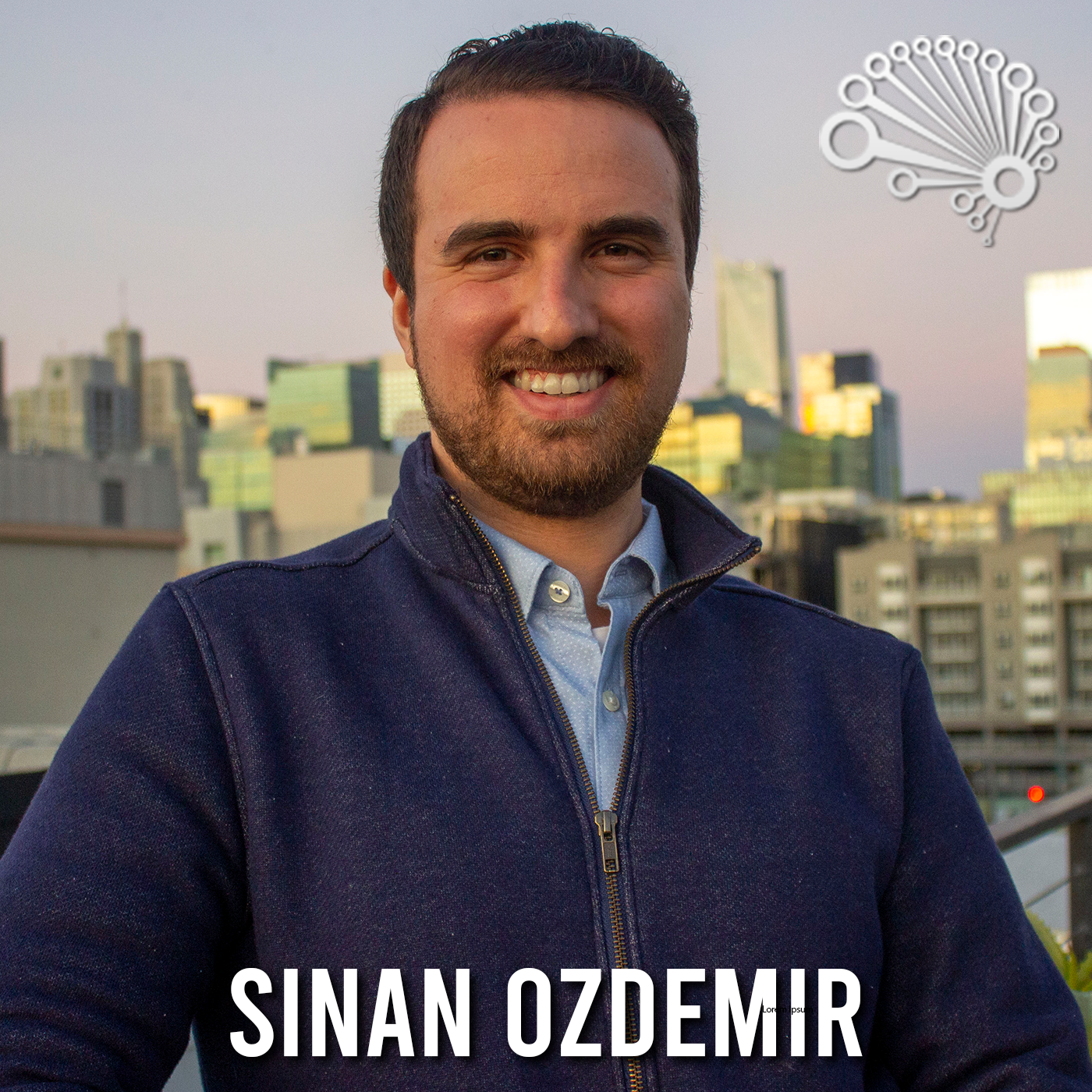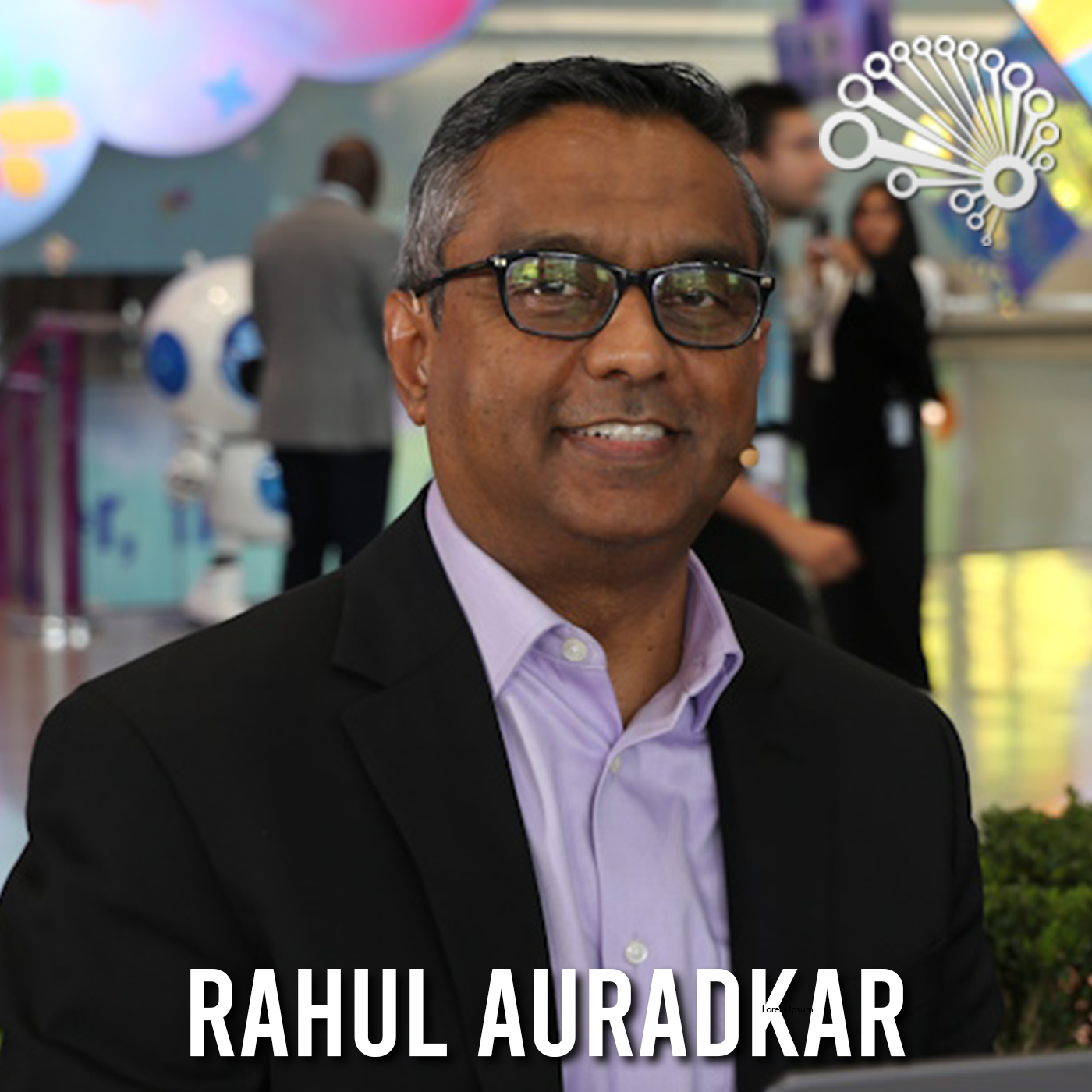Jon Krohn: 00:05
This is Five-Minute Friday on the critical human element of successful AI deployments.
00:19
For today’s Five-Minute Friday episode, as well as three upcoming Five-Minute Friday episodes, we’ll be having short five-minute-ish conversations with preeminent data science speakers that I met in person at the Open Data Science Conference West in San Francisco. That’s ODSC West.
00:36 Our first one today is with Keith McCormick, who describes the critical human-centric element associated with deploying artificial intelligence models successfully.
00:48 I’ve got Keith McCormick with me here. He’s been building machine learning models since the 1990s. He’s written five books on statistics and machine learning, and has two more on the way. His 20th LinkedIn Learning course is coming out this month, November, 2022. I’m live with Keith McCormick at the Open Data Science Conference West, ODSC West. He’s the Data Scientist in Residence at Pan Data, a boutique responsible AI consultancy, and we’re really one of the first places that we’re announcing this new role for the iconic Keith McCormick at Pan Data, so a pleasure to be doing it here at ODSC West. Keith, I wanted to ask you for this Five-Minute Friday episode of Super Data Science, is there any particular topic that you’ve noticed has been trending, particularly, at this iteration of ODSC West?
Keith McCormick: 01:41
I have. And I’m really having a fun event. And it’s nice to do this together, here. Yeah. I found that people are really attending to the human side of AI in getting those models right, my colleague at Cal, for instance, spoke about this topic. And one of the stories he likes to tell is a healthcare analytics project where the model was just fine. There was plenty of accuracy, there. But if the staff that are being essentially guided as to what to do by the model, if they don’t trust the model, the project as a whole is going to fail. And there’s countless examples of this.
02:23
I talked about something similar myself, actually, when I was here. I did a talk on explainable AI. And for a lot of reasons, black box models are really trending. We all know why. Generally, there’s a perception that you get a more accurate model if you sacrifice some interpretability. And we all know there’s some truth to that. But there’s also a trade off, and that is, now you have this model that you can’t explain very readily. And the same kinds of things happen. If you can’t generate reason codes or what, in AXI, we call global explanations or local explanations, people aren’t going to trust the model and they’re not going to embrace it.
03:03
And I’m noticing more and more folks talking about this kind of thing. There was a great keynote, for instance, Michael Jordan, the amazing data scientist, and I’ve heard a number of his talks. I just especially liked this one. And he had this remarkable story, also healthcare. It was really a thought experiment. He was describing someone that goes to the doctor and is told, “You might have heart disease.” And upon receipt of this news goes, “Wow. I never thought to mention it, doctor, but my Uncle Bob had heart disease.”
03:41
And what he’s really asking us to reflect on is that the data might be incomplete, because before somebody was told that they had this diagnosis, that didn’t seem relevant, it didn’t seem important. And if we don’t have feedback loops like that on our systems. If we think the data’s just static and we build the model once, and maybe we do a monthly refresh or what have you. But if that’s as sophisticated as it goes, this is never really going to get off the ground in the way that we want to. So, this has been a topic that’s been important to me for a long time. And I think it’s really great that I keep on hearing it again and again at this event.
Jon Krohn: 04:21
Nice. Well, that was a great recap of the most important theme that you’ve noticed this year at ODSC West. Keith, thank you so much for taking the time to be on this Five-Minute Friday episode of Super Data Science. And hopefully it won’t be too long before we have you featuring in a guest episode.
Keith McCormick: 04:39
That’s great. I’ll look forward to that.
Jon Krohn: 04:41
Okay. That’s it for this special guest episode of Five-Minute Friday, filmed onsite at ODSC West. We’ll be back with another one of these, soon. Until next time, keep on rocking it out there, folks. And I’m looking forward to enjoying another round of the Super Data Science Podcast with you, very soon.



